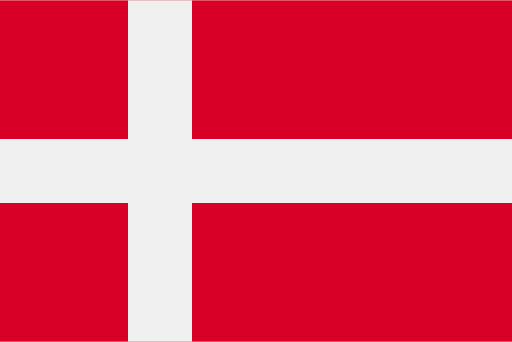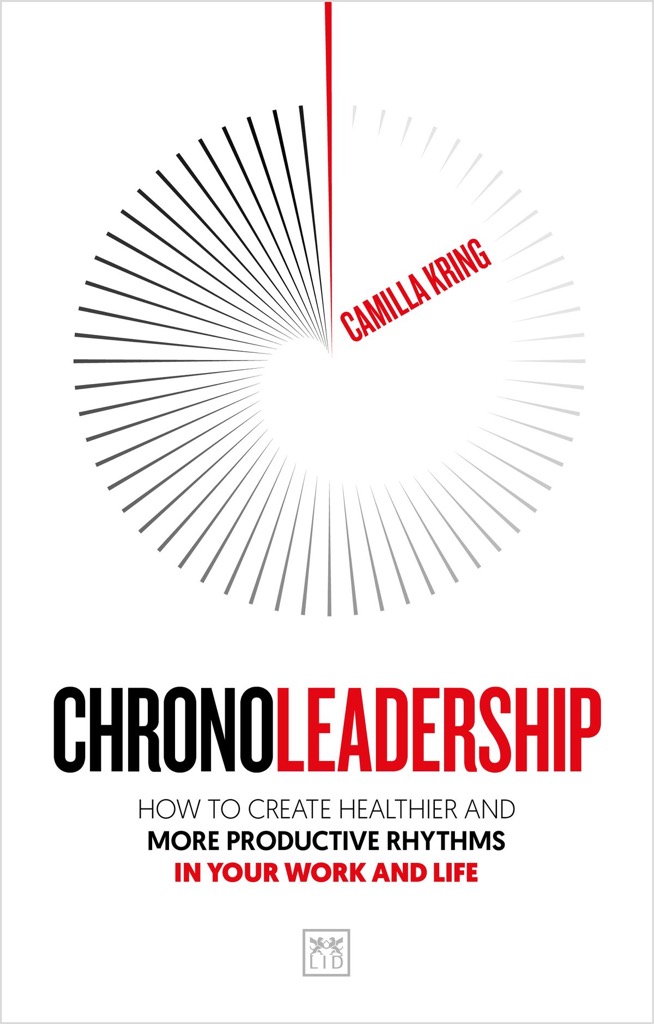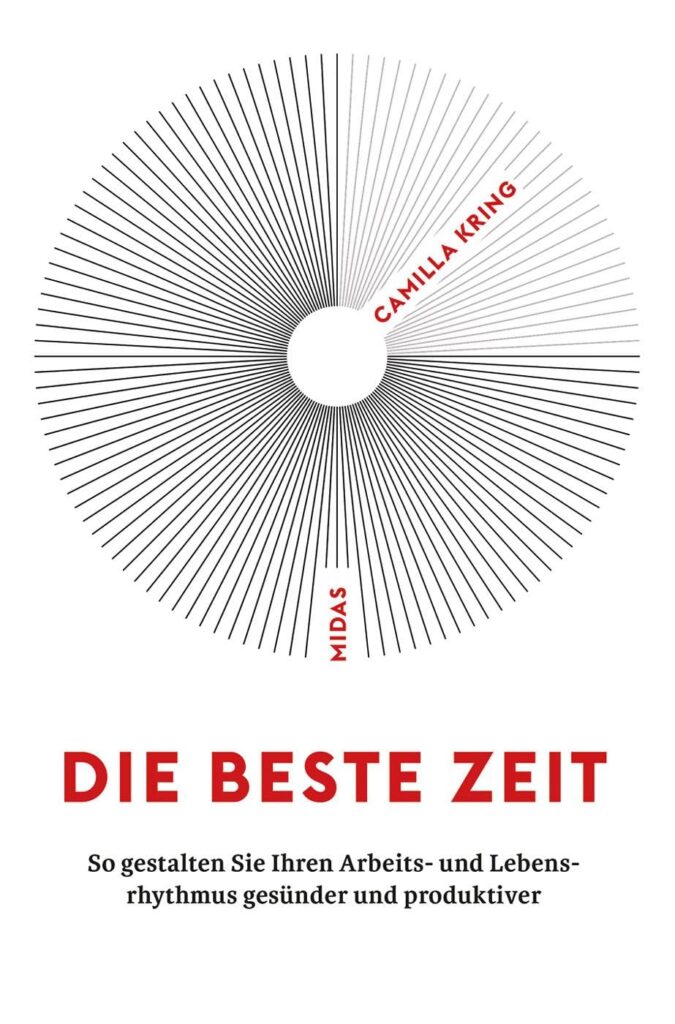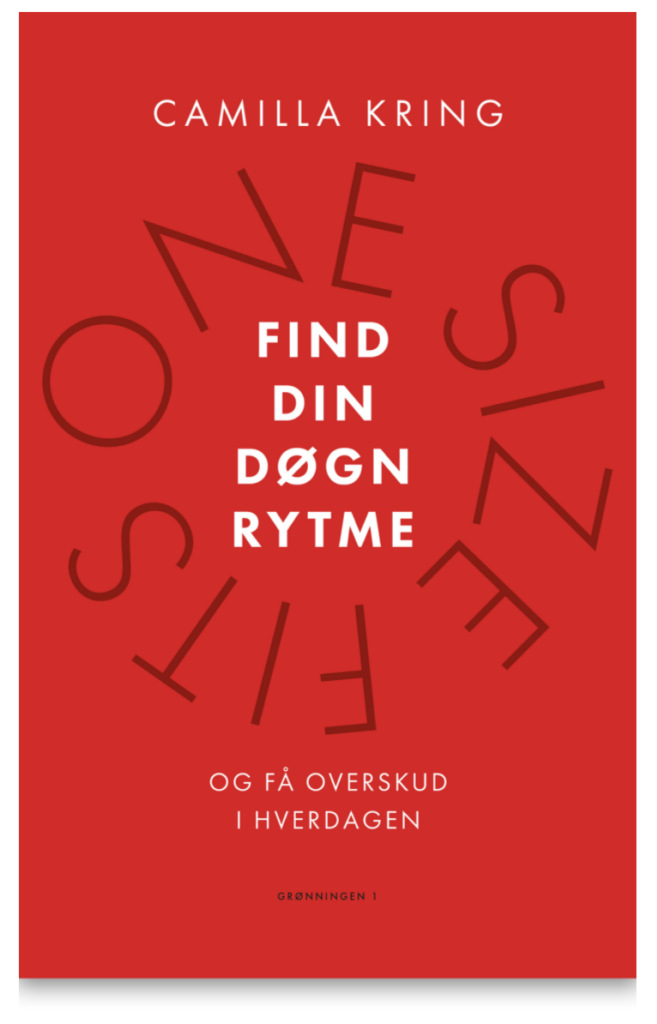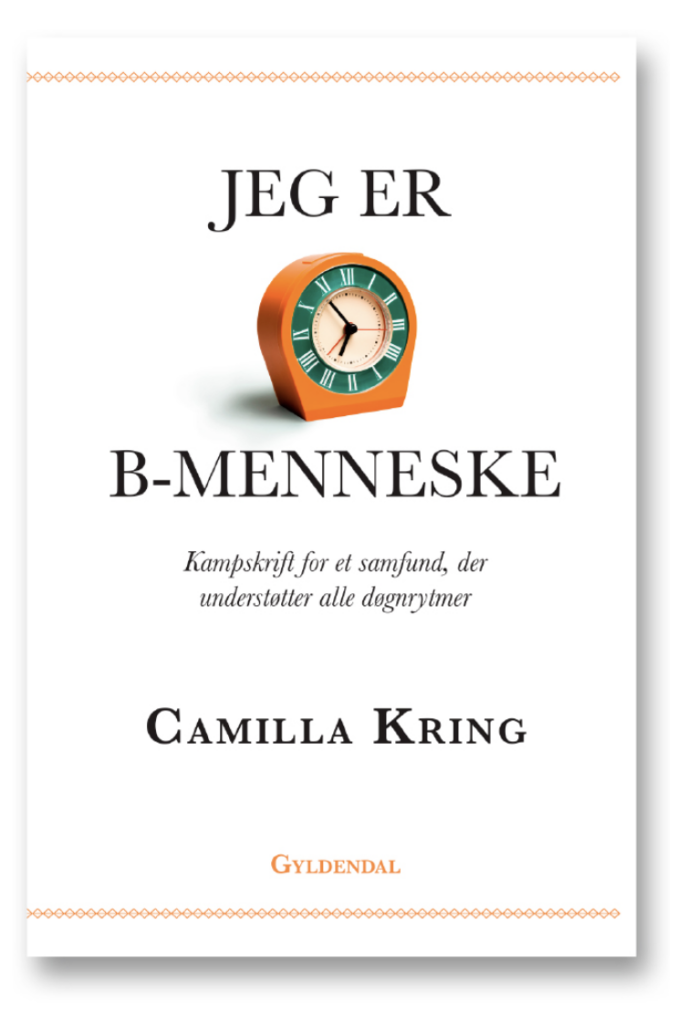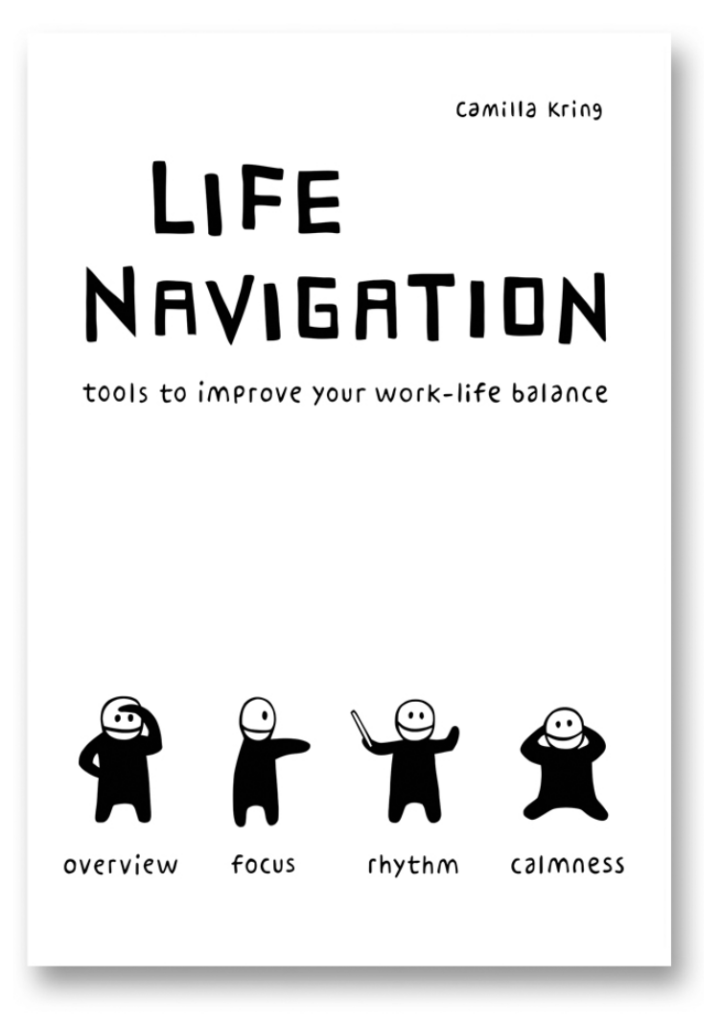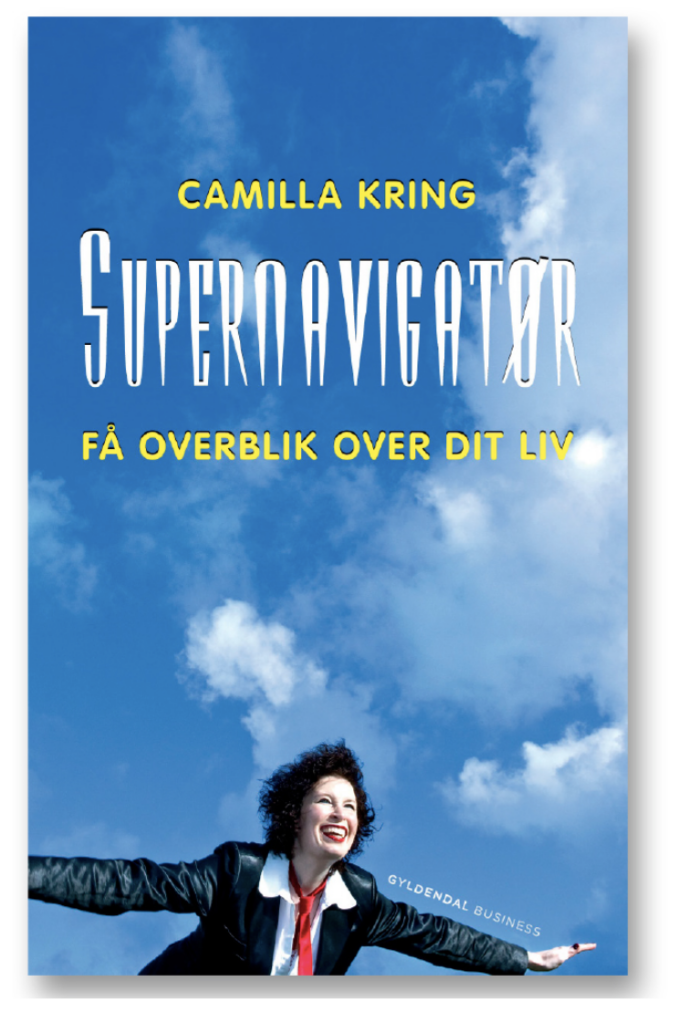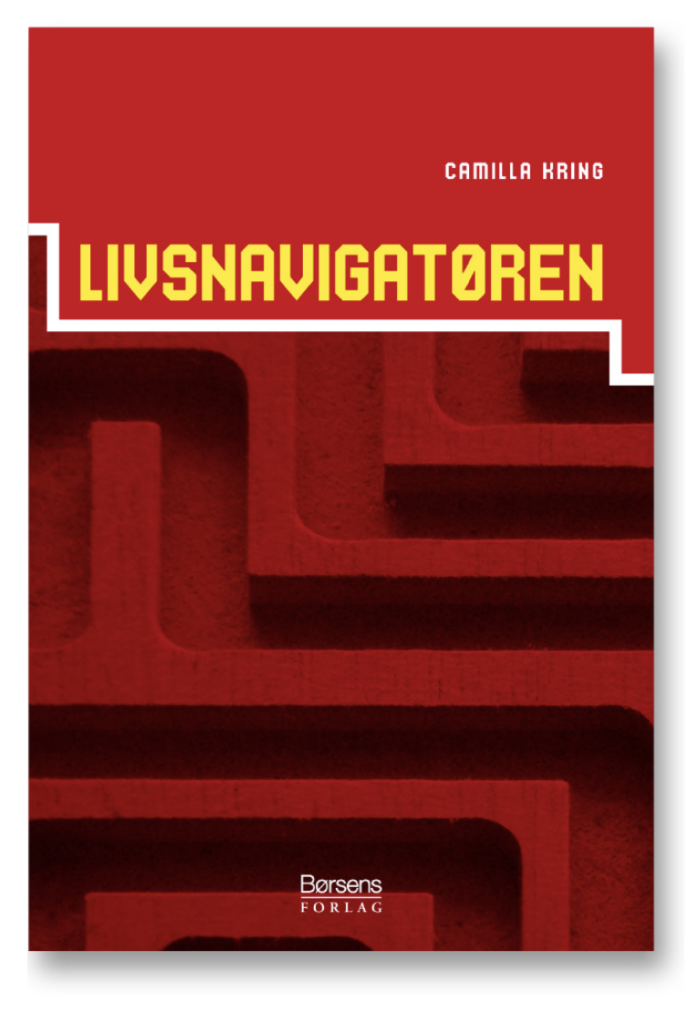
Chronoleadership (LID Publishing, 2025)
Our relationship with time governs how productive, efficient, happy and healthy our working lives are. Turns out, we’ve been using the wrong clock.
Our bodies are automatically regulated by an internal, rhythmic, biological process that determines whether we perform best early or late in the day. But we live and work in a rigid, nine-to-five world that favours morning people and actually stigmatizes evening people.
Originally invented by the first to own timepieces – monks, farmers and factory owners – this inflexible clock-watching is proven to be bad for productivity, health and wellbeing. Especially in the age of knowledge working and post-pandemic, working-from-home culture. Yet we continue to reward early risers and force evening people to perform against the wishes of their natural, internal timers.
In this groundbreaking and enlightening book, Camilla Kring gives us both the theory and the framework to create a workplace that supports morning and evening people equally. Everyone interested in creating a fairer, more inclusive and productive culture needs to know about ‘chronoleadership.’
You can pre-order the book here.
Die Beste Zeit (Midas, 2025)
Unser Körper wird automatisch durch einen inneren, rhythmischen, biologischen Prozess reguliert, der bestimmt, ob wir früh oder spät am Tag am leistungsfähigsten sind. Aber wir leben und arbeiten in einer starren Welt, in der von 9 bis 17 Uhr gearbeitet wird, eine Welt, die Morgenmenschen bevorzugt und Abendmenschen stigmatisiert. Diese starre Zeiteinteilung, die ursprünglich von den ersten Besitzern von Zeitmessern – Mönchen, Bauern und Fabrikbesitzern – erfunden wurde, hat sich als negativ für Produktivität, Gesundheit und Wohlbefinden erwiesen. Besonders im Zeitalter der Wissensarbeit und der Home-Office-Kultur nach der Pandemie.
Dennoch belohnen wir weiterhin Frühaufsteher und zwingen Nachteulen gegen ihren natürlichen inneren Taktgeber zur Leistung. In diesem bahnbrechenden und inspirierenden Buch liefert Camilla Kring sowohl die wissenschaftliche Grundlage als auch die praktischen Konzepte für die Gestaltung eines Arbeitsplatzes, der Morgen- und Abendmenschen gleichermaßen unterstützt.
You can pre-order the book here.
Find your circadian rhythm (Grønningen1, 2021)
You are born with a circadian rhythm. It’s not something you choose. You are genetically predisposed to be morning fresh or evening fresh. The more you live in step with your circadian rhythm, the better your health is, and you get more energy, quality of life, and a more productive everyday life. In “Find your circadian rhythm”, Camilla Kring talks about the fascinating genetic variations that affect how you structure and develop both your work life and your private life. Gain a new understanding of how you are pieced together, and how finding and following your rhythm can change your life. The cockroaches of the agricultural society and the rhythmic assembly lines of the industrial society have for generations imprinted their rhythms in our way of life. They dictate a lifestyle where “one size fits all”. The problem is that it does not fit into the diversity of circadian rhythms, work rhythms, and family rhythms that exist in today’s society. The current mindset is therefore “one size fits one”.
Read an interview about the book here
I am a late chronotype - Fighting script for a society that supports all circadian rhythms (Gyldendal Business, 2015).
Are you also looking for a social setting where school, opening and working hours are adapted to B-people’s circadian rhythm? Do you dream of breaking with the 8-16 community so we can let kids sleep until they wake up? Would your working life also be better and more efficient if you could choose your working hours yourself? We need a showdown with the 8-16 society and its lack of respect for the B-people’s circadian rhythm. Quality of life, health, and productivity improve measurably when we offer people the working hours that match their biological rhythm. Read an interview about the book here
Read the review of the book in Politiken (5 hearts) here.
Life Navigation - tools to improve your Work-Life Balance (Super Navigators, 2011, 2017, 2021)
Life Navigation – tools to improve your Work-Life Balance (Super Navigators, 2011, 2017, 2021)
Life Navigation is four practical creative tools about time, goals, energy and spaces – each of which can provide a significant boost to your productivity and life quality.
In a knowledge society it’s not about how many hours you are working. It is about working when you are most productive. Life Navigation transforms corporate culture by empowering employees to take control of their work and personal lives, and a first step in this cultural change is to set people free from a “9 to 5” mindset, to experience that innovative work-of-thought is something that can take place in a variety of times and spaces, both in and beyond the office. Work is not a place – it’s an ongoing activity – with a focus more on results and less on visibility.
Supernavigator (Gyldendal Business, 2011)
This book offers a new way of looking at the world. Camilla Kring calls it “supernavigation”: the ability to navigate in a flexible world that is constantly changing. Kring takes on the new working life, which requires that we work at self-chosen times. It is about both working with the community and alone. The book describes how to create a flexible work culture, one with room for individual choices in relation to working hours and workplaces. The book applies the same principles to society. How do we create a more flexible society that supports different family forms, work forms, and circadian rhythms? The societal framework only supports people working 8-16. The book agitates for flexible kindergartens, schools and workplaces that support people’s different work and life rhythms, and provides concrete and useful advice to both managers and employees on how to take control of their own lives, and work in the way that best suits them. One’s own rhythm.
The Life Navigator (Børsens forlag, 2006)
The author takes the temperature of the Danes’ lives, examines who controls it, and does away with the industrial efficiency discourse. With the transition from industrial to knowledge society, the work goes from visible production to invisible thought work. Thus, it becomes people’s different rhythms and tempos that give results on the bottom line.
Read an interview about the book here.
Read the review of the book here.

